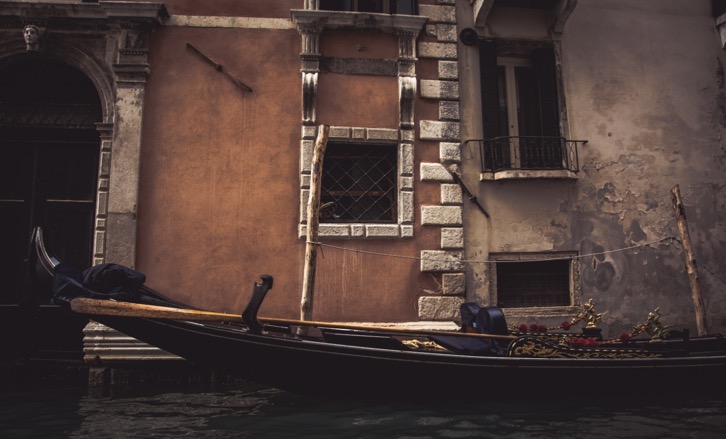Let's Talk Human Rights

Human Rights and COVID-19 in Italy Today
By Alexandra Budabin
Coverage of the human rights dimensions of Italy’s efforts to combat the COVID-19 pandemic has mainly focused on the curtailment of the population’s freedom of movement and freedom to assemble. These steps to curtail individual rights have been made in the interest of protecting the public health of the country. According to demographers, Italy’s weaknesses are twofold: the country has the second-oldest population on the planet and there is a high degree of social mingling between older and younger generations.
While many of the other countries fighting the pandemic may be vulnerable to “governmental overreach” that may violate human rights, the steps taken by Italy appear to meet obligations to human rights. The government has even launched a campaign Digital Solidarity to keep people connected and informed during the lockdown. However, while the majority of the population is in lockdown at home and obeying new regulations, there are gaps in meeting the needs of those on the margins. As with every country, there is concern for the vulnerable- prisoners, homeless, and asylum seekers.
There was an outbreak of prison riots across Italy because inmates were concerned about the fast spread of coronavirus in overcrowded conditions and the suspension of family visits. Rights groups are calling for the shortening of sentences and the broader use of house arrest to relieve conditions in prisons.
The homeless in Italy are facing a critical situation. Pope Francis has donated 100,000 Euros to Caritas, an organization that offers a number of essential services to the poor. Francesco Soddu, director of Caritas, said, “We have given support to homeless people who are unable to follow government directives on quarantine.” Another Italian NGO, Emergency is conducting inspections of shelters and reception centers to train staff on managing the health crisis for vulnerable populations.
Italy has been and continues to be the main entry point for migrants and refugees coming across the Mediterranean Sea. The reception for migrants and asylum seekers has been affected- there is mandatory quarantine for those arriving in the country that also extends to search and rescue vessels and integration services have been either suspended or drastically reduced. Limited legal services affect the processing of asylum seekers; appeal hearings and interviews have been suspended since courts are closed. Some political parties took the opportunity to float the idea of shutting borders, but the feared “weaponisation” of the COVID-19 pandemic has not come to pass, at least not yet. The adverse effects of these policies can be considered a violation of human rights; as the MSF Head of Mission for Search and Rescue declared, “Quarantining [a search and rescue ship] is equivalent to stopping an ambulance in the middle of an emergency. This is a discriminatory action.”
So while trust in the government is high and the population is following instructions, it is important to make sure vulnerable populations are being seen and their needs addressed. Human rights groups in Italy have not dropped their vigilance but will have to work a bit harder to raise their concerns in a moment when society is looking inward, to the individual needs of family and friends. From the perspective of someone who studies human rights advocacy, I am hopeful that the active presence and concerted efforts of watchdog groups will be effective in building solidarity across people whose rights of movement and assembly have been curtailed, temporarily, with those on the margin whose rights are often violated. Ensuring that the government does not abrogate its responsibilities to everyone even in an emergency remains our collective responsibility.
Dr. Alexandra C. Budabin is a Senior Researcher at the University of Dayton Human Rights Center. She is conducting research on transnational advocacy around gender-based sexual violence with Dr. Natalie F. Hudson. She is a Co-I on the research project "Commodifying Compassion: Implications of Turning People and Humanitarian Causes into Marketable Things", funded by the Danish Council for Independent Research 2017-2020.
